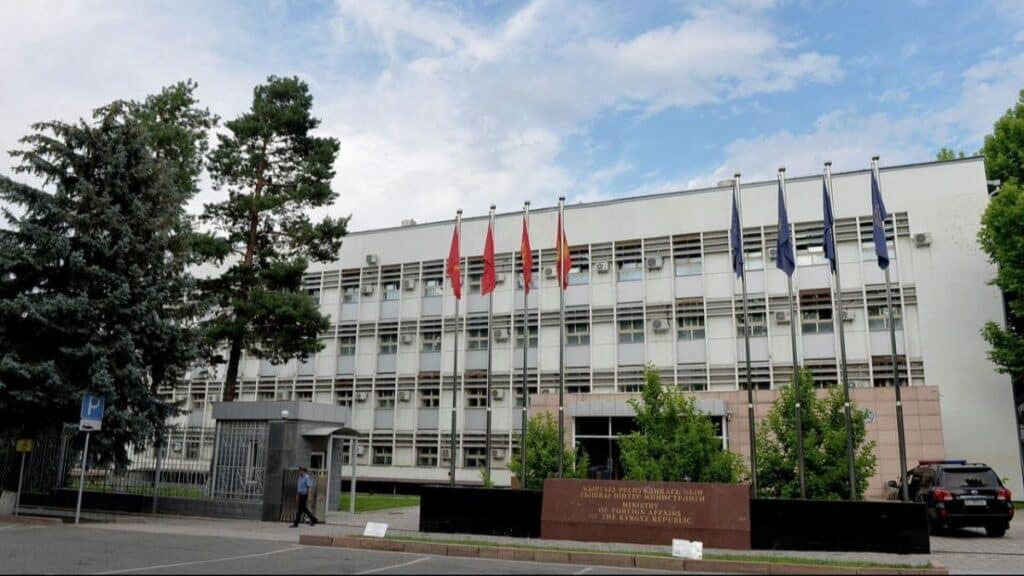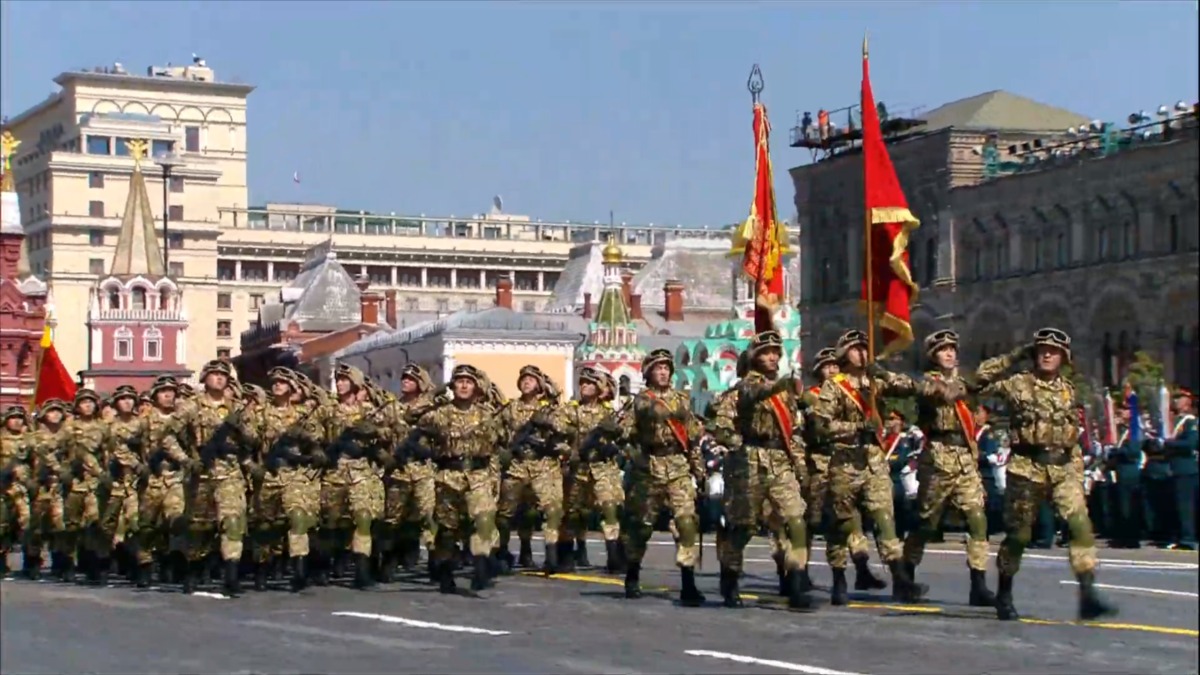Kyrgyzstan has issued a travel advisory warning its citizens to avoid traveling to Russia due to increased scrutiny and xenophobia against Central Asians following the deadly Crocus City Hall attack near Moscow in late March. The Kyrgyz Foreign Ministry issued the advisory on May 2, cautioning citizens of intensified border checks and controls by Russian authorities.
The move comes as human rights groups report a surge in xenophobic incidents against Central Asians in Russia after the terrorist attack, which killed 144 people and injured hundreds more. Eleven Tajik men and a Kyrgyz-born Russian citizen have been arrested in connection with the attack.
Tajik President Emomali Rahmon and Russian President Vladimir Putin discussed issues related to labor migration and cooperation in fighting terrorism and extremism during a phone call on May 3. The two leaders emphasized the importance of strengthening cooperation between law enforcement agencies and special services.

Kyrgyzstan Warns Citizens Against Travel to Russia (Credits: Kursiv.kz)
The Kremlin stated that the leaders expressed hope that attempts to escalate tensions around migrant workers, including those from Tajikistan, would be jointly suppressed and not harm the long-standing brotherly ties between the two nations.
Earlier, the Tajik Foreign Ministry summoned the Russian ambassador to Dushanbe and protested the “unfair” treatment of Tajik nationals in Russia since the attack. Hundreds of Tajik citizens, including students, were stranded in Moscow airports due to tightened passport and customs controls.

Kyrgyz foreign ministry warns the country’s citizens (Credits:
RFE/RL)
Russian investigators say four Tajik nationals carried out the attack, and the other detainees are being held for aiding and abetting the attackers. The Islamic State-Khorasan group, an offshoot of the Islamic State extremist group active in Afghanistan and Central Asia, claimed responsibility for the attack. Tajikistan has also detained nine people suspected of having links to the attack.
Russian Foreign Ministry spokeswoman Maria Zakharova stated that the tightened measures to prevent terrorism do not target citizens of specific nations. However, human rights groups and Central Asian governments have expressed concerns about the rising xenophobia and discrimination against Central Asians in Russia.























